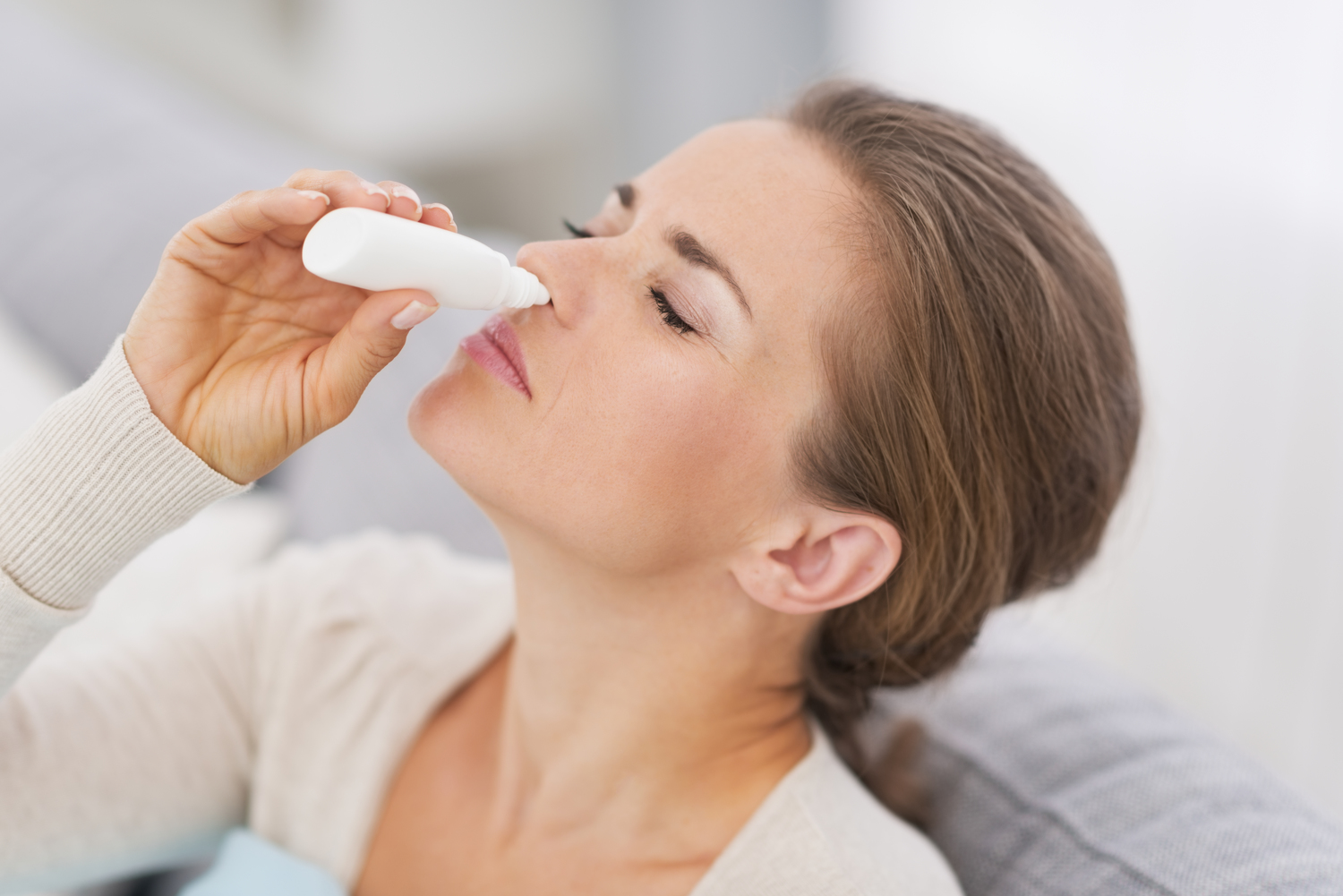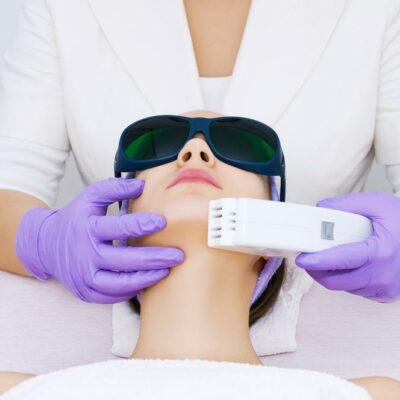
Nasal Polyps: Symptoms, Causes and Prevention
Nasal polyps are noncancerous growths that grow on the lining of your nasal passages. They are soft teardrop shaped growths that hang down from the nasal passage. They are not painful; small polyps may not have any symptoms and go unnoticed. Bigger polyps may cause symptoms, such as difficulty breathing through nose, loss of your ability to smell and taste, and chronic rhinitis.
1. Symptoms of nasal polyps
Nasal polyps are caused by frequent swelling of the nasal lining. Chronic rhinitis and sinusitis are often thought to be the cause. There is also some controversy over a link between allergies and nasal polyps. Some common signs and symptoms of nasal polyps with chronic rhinitis are: frequent runny nose, stuffy nose, constant post nasal drip, loss of sense of smell and taste, headaches, pain in the face and possibly in upper teeth, loud snoring and nose bleeds.
2. Primary causes
Many of these symptoms are also symptoms of the common cold. If these problems happen frequently, last for longer than a cold should or become worse; you should see a doctor as soon as possible. There is some research that shows some differences in the immune system of people that get nasal polyps, from people without polyps. Scientists still don’t know the reason that some people get nasal polyps and those that don’t. Some of the health conditions thought to be associated with these polyps are things such as; asthma, allergies, chronic sinusitis, vitamin deficiencies and even just genetics.
3. Treating nasal polyps
Nasal corticosteroids Flovent HFA is often used to reduce the inflammation that is causing the polyps. Oral corticosteroids, allergy medication and antibiotics may also be used to help the causes of irritation. If medication shrinks the polyps, no further treatment would be needed.
4. Surgery for polyps
Medication does not always work or work well enough. Sometimes after nasal polyps have gone away successfully, they come back. At this point, surgery would be the necessary next step. The surgery is called Functional Endoscopic Sinus Surgery. It is usually an outpatient surgery that takes about 2 hours. You usually will go home after a few hours of post op observation. Healing after surgery may take several days, but should start feeling much better after everything is healed.
5. Preventing nasal polyps
Prevention is your best option to prevent nasal polyps in the first place. These tips may help as preventative measures against nasal polyps forming in the first place:
- You can keep your allergies under control by taking medications as prescribed.
- Avoid nasal irritants as much as possible.
- Try using a humidifier to moisten the airways and sinuses to prevent inner damage and polyp formation.
- Use natural nasal rinses, such as a neti pot, to support good hygiene, and to help avoid infections that take root in the sinuses.


